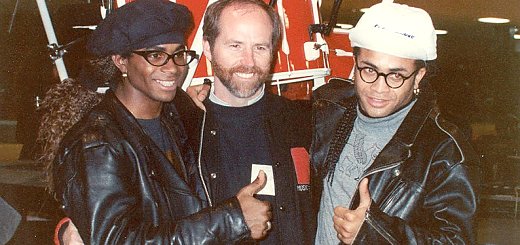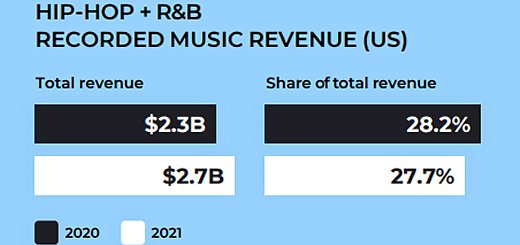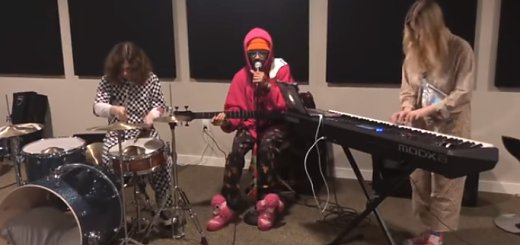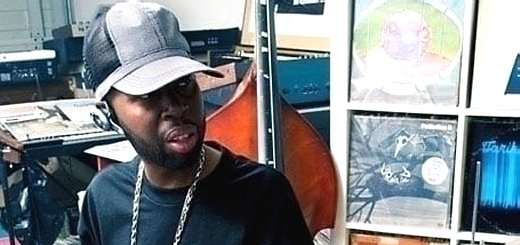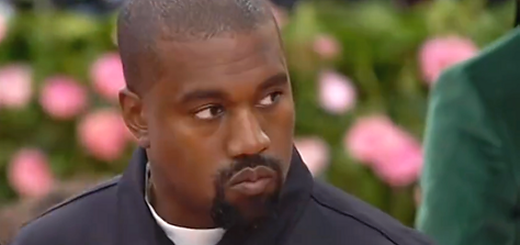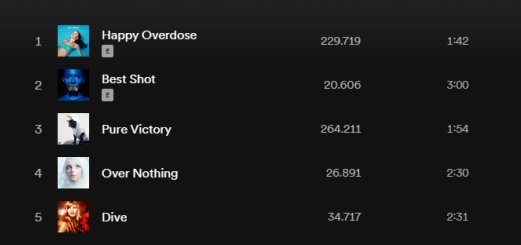Essay: Albums with a new view on non-binary ideas of gender

ulture looks into the ideas of gender, being questioned last year in albums by Shamir ('Heterosexuality'), Hikaru Utada ('Bad Mode'), and Leikeli47 ('Shape Up'). "Each of these albums point to a path away from 'representation' being a totalizing force in discussions of how gender is broken down in music. Instead of existing solely as an identity for the artist in question to inhabit, the destruction of binary gender ideas can be a prerogative. Identity can only go so far. These artists show us how non-binary ideas of gender can be used as verbs, something to do, not just something to be".











